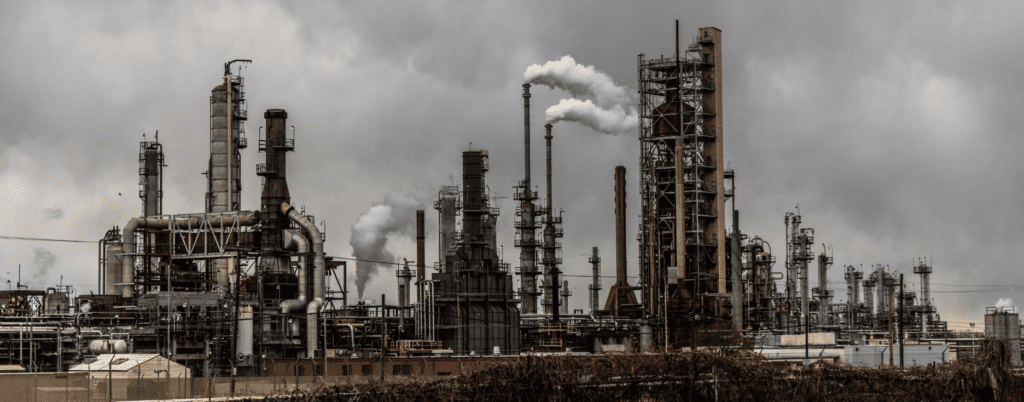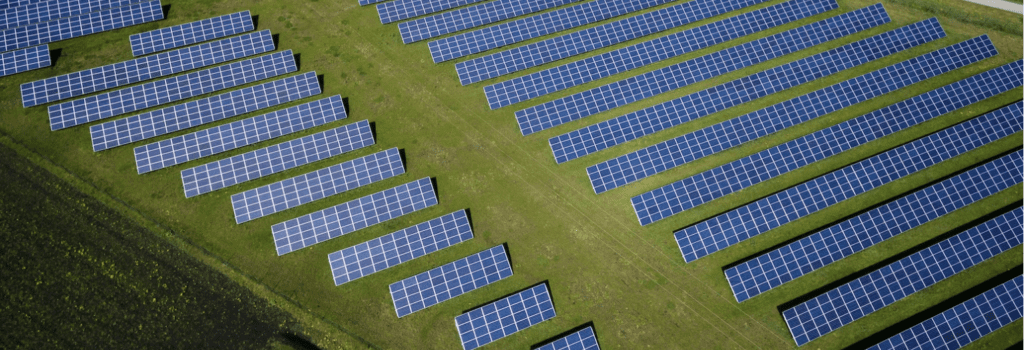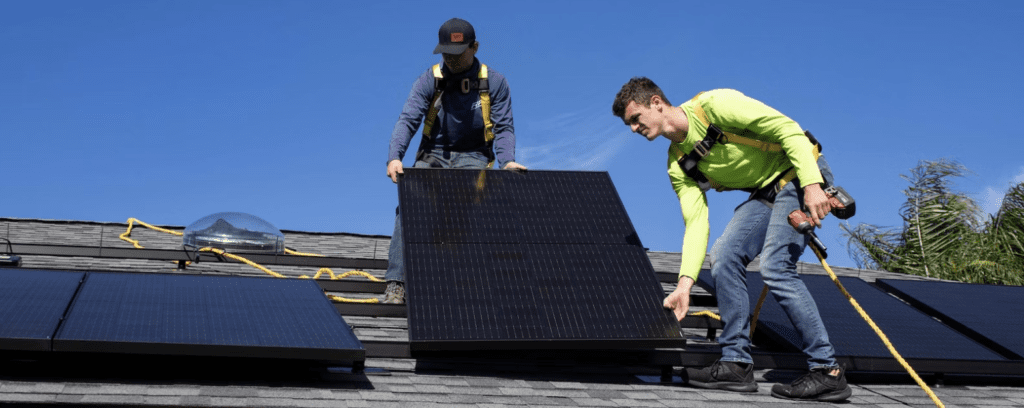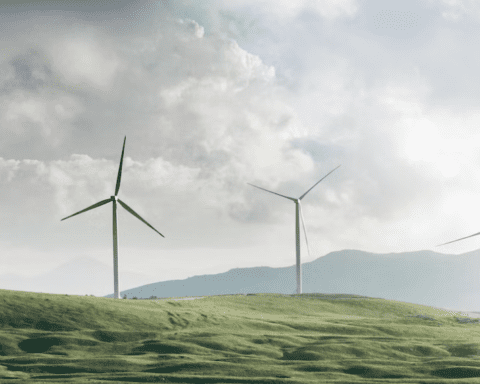Welcome to Green Europe’s Climate Change FAQ, your comprehensive guide to understanding the critical issue of climate change. This article provides answers to common questions about climate change, its causes, impacts, mitigation strategies, adaptation efforts, notable climate organizations, and job opportunities in the field of environmental sustainability. Whether you’re a student, a professional, or simply concerned about the future of our planet, this FAQ will shed light on the challenges and solutions related to climate change.
Index
- Understanding Climate Change
- Causes of Climate Change
- Impacts of Climate Change
- Mitigation Strategies
- Adaptation to Climate Change
- Leading Climate Organizations
- Job Opportunities in Climate Sustainability

Understanding Climate Change
What is climate change? Climate change refers to long-term alterations in the Earth’s average weather patterns, including temperature, precipitation, and extreme events. It is primarily driven by human activities and is a key component of global environmental challenges.
How does climate change affect our planet? Climate change can result in rising global temperatures, sea level rise, more frequent and severe weather events, disruption of ecosystems, and threats to human health, agriculture, and infrastructure.
Is climate change real? Yes, climate change is a scientifically established phenomenon supported by a vast body of evidence. It refers to long-term alterations in the Earth’s average weather patterns, including temperature, precipitation, and extreme events. The overwhelming consensus among climate scientists is that climate change is real and primarily driven by human activities.
Is climate change man-made? Yes, the current rapid climate change is largely attributed to human activities. The main driver is the emission of greenhouse gases, such as carbon dioxide (CO2), methane (CH4), and nitrous oxide (N2O), primarily from the burning of fossil fuels, deforestation, and industrial processes. These emissions trap heat in the Earth’s atmosphere, leading to global warming and climate change.

Causes of Climate Change
What are the main causes of climate change? The primary drivers of climate change are the emission of greenhouse gases, such as carbon dioxide (CO2), methane (CH4), and nitrous oxide (N2O), primarily from the burning of fossil fuels, deforestation, and industrial processes.
Are natural factors contributing to climate change? While natural factors like volcanic eruptions and solar variability can influence climate, the current rapid climate change is largely attributed to human activities.

Impacts of Climate Change
What are the immediate and long-term impacts of climate change? Climate change leads to more frequent and severe heatwaves, hurricanes, droughts, floods, and disruptions to ecosystems. Long-term impacts include sea-level rise, food and water shortages, and threats to biodiversity.
What are climate change tipping points? Climate change tipping points refer to critical thresholds in the climate system where small changes can lead to significant and potentially irreversible consequences. These tipping points could trigger abrupt and severe shifts in the Earth’s climate, such as the collapse of ice sheets, disruptions to ocean currents, or the release of large amounts of methane from thawing permafrost.
How can individuals and communities prepare for climate change impacts? Adaptation strategies include building resilient infrastructure, protecting coastal areas, implementing water management systems, and developing climate-resilient agriculture.

Mitigation Strategies
What can be done to reduce greenhouse gas emissions? Mitigation strategies include transitioning to renewable energy sources like wind energy or solar energy, improving energy efficiency, reducing deforestation, promoting sustainable transportation, and implementing carbon pricing mechanisms.
What is the Paris Agreement, and how does it address climate change? The Paris Agreement is an international treaty that aims to limit global warming to well below 2 degrees Celsius above pre-industrial levels. It encourages countries to set and achieve emissions reduction targets.

Adaptation to Climate Change
How can individuals and communities adapt to a changing climate? Adaptation measures involve strengthening infrastructure, diversifying water sources, conserving natural habitats, and implementing early warning systems for extreme weather events.
Which countries will need to adapt the most to climate change? The impacts of climate change vary across regions, but countries with low-lying coastal areas, those prone to droughts or flooding, and those with fragile ecosystems are generally more vulnerable. Some of the countries facing significant adaptation challenges include Bangladesh, the Maldives, Sudan, and others. These nations require comprehensive adaptation strategies to protect their populations, economies, and environments from the adverse effects of climate change.

Leading Climate Organizations
Which organizations are at the forefront of addressing climate change? Prominent climate organizations include the Intergovernmental Panel on Climate Change (IPCC), World Wildlife Fund (WWF), The Nature Conservancy, Greenpeace, and the United Nations Framework Convention on Climate Change (UNFCCC).
Which renewable energy companies are leading the way in combatting climate change? Several prominent renewable energy companies, such as NextEra Energy, Iberdrola, Vestas, Orsted, and many others, are at the forefront of the battle against climate change. These companies are known for their substantial investments in clean energy projects, including wind, solar, and hydropower, which contribute to reducing carbon emissions and transitioning towards a more sustainable energy landscape. Their efforts play a crucial role in combating climate change and promoting a greener future.

Job Opportunities in Climate Sustainability
What career opportunities are available in the field of climate sustainability? The climate sustainability field offers diverse job opportunities, including environmental scientists, renewable energy specialists, climate policy analysts, sustainability consultants, conservationists, and climate communication experts.
Is the demand for climate-related jobs increasing? Yes, as the world intensifies efforts to combat climate change, the demand for professionals in climate sustainability is on the rise, offering opportunities for those committed to environmental protection.
What companies could I work for if I want to work on climate change? Many companies and organizations are actively involved in addressing climate change. You can consider working for renewable energy companies like Siemens Energy , NextEra Energy, Iberdrola, Vestas, Orsted, Enercon, Meyer Burger Technology or environmental organizations like the World Wildlife Fund (WWF), Greenpeace, or climate-focused government agencies and research institutions. Additionally, corporations in various sectors are increasingly integrating sustainability and climate-related roles into their operations, making it possible to work on climate change in diverse industries.



